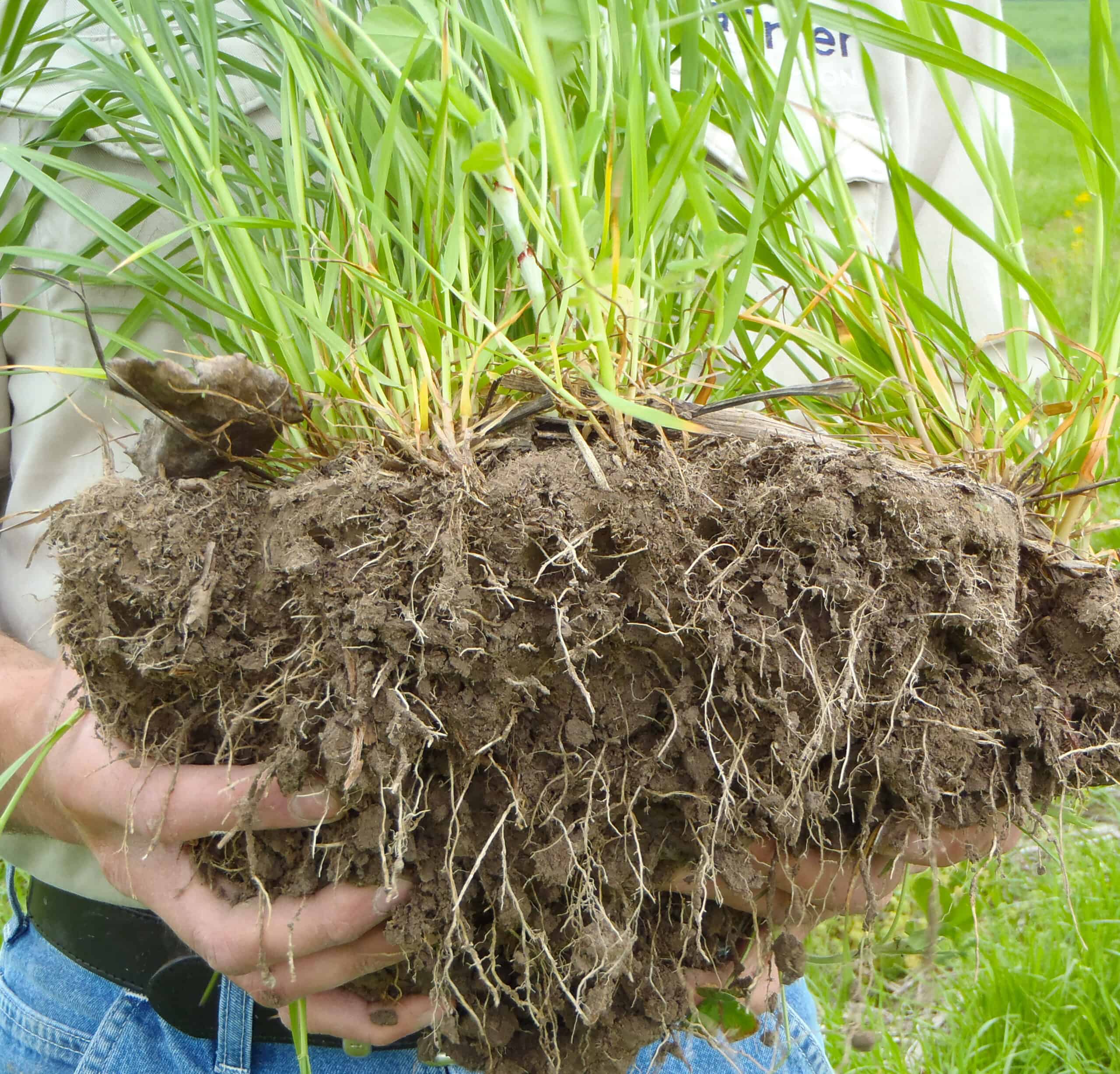PatternAg seeks cooperators to evaluate soil microbe populations across management systems
By: Megan Baskerville | Illinois Ag Program Director, The Nature Conservancy | ISAP Chair
ISAP member, The Nature Conservancy, has invested in PatternAg and other emerging technologies to scale conservation adoption.
Before the 2022 planting season kicks off, PatternAg, a soil microbiome analysis company, is seeking cooperators to join a soil health initiative to evaluate soil microbe populations in relation to field management. Participation is at no cost to the grower, and includes PatternAg’s full dashboard insights, including pathogen pressure, soil health metrics, and an end of year summary. Explore the qualifications for participating, benefits of the program, and contact information to apply to be included in 2022’s initiative.
As investor interest convenes around the potential for emerging agricultural technology (‘agri-tech’) to boost the sustainability of global food systems, a pioneering initiative from The Nature Conservancy (TNC) aims to encourage cross-sector commitment to innovations that specifically target soil health.
TNC has begun investing in a series of emerging agri-tech solutions that have the potential to accelerate adoption of regenerative agriculture management practices, to the benefit of farmers, soil health, climate, and biodiversity. TNC works with iSelect to identify companies who are developing innovative solutions and submits investments via the iSelect Fund.
Commenting on the significance of the effort, TNC’s Director of Agricultural Innovation Renée Vassilos said, “Deteriorating soil health underpins many of the agricultural challenges facing us this century – from climate and biodiversity, to food security and freshwater. No other sector impacts the ground beneath our feet to the extent agriculture currently does.”

Illinois farmer shows cover crop root system growing in his field.
“The science of soil health solutions is becoming more evident every day, but the pace of market-driven innovations has so far lagged the need for action,” she continued. “By putting our money where our mouth is we’re optimistic about the potential of our portfolio companies to accelerate solutions to the soil health challenge.”
TNC has invested in seven emerging private companies that demonstrate strong potential to scale solutions across one or more of the four priority areas of soil health: additional use of cover crops; expansion of no-till practices; improved plant diversity achieved through crop rotations; and precise or more efficient crop input management. Initial investments include:
- Growers Edge is a financial technology (fintech) company that delivers farm enterprise income assurance through data-driven products, solutions, and tools. The company reduces the financial exposure for farm operations adopting new technology or practices through warranty-backed crop plans and ag financing solutions.
- Kula Bio is developing a cost-effective biological nitrogen fertilizer that minimizes run-off. An alternative or partial replacement for synthetic nitrogen fertilizer has the potential for significant positive impact for farm profitability and the environment.
- Pattern Ag provides soil microbiome analysis and recommendations for input optimization on farms. Focused on specific pest and disease pressures faced by corn and soybean farmers, the firm recommends application solutions based on when and where they are needed.
- Stony Creek Colors is working directly with growers to bring greater profitability and improve soil health with an alternative row crop by developing sustainable, plant-based dyes such as indigo for the textile, cosmetics and food markets. The firm aims to improve the market driven options for farmers to diversify crop rotations.
- SwarmFarm develops autonomous, robotic farming technologies to enable effective precision application of nutrient and crop-protection inputs. The tool (robot plus developer ecosystem for attachments) for row crop farming operations is focused on optimizing herbicide and fertilizer application for farm profitability and environmental benefit.
- Sentera is an agronomic, data-driven services company that integrates software, sensors, drones, and analytical products to support in-season, in-field optimized production practices. The digital insights are delivered at a cost and on a timescale that will allow them to change behaviors that result in better economic and environmental outcomes for farm enterprises via agriculture retailers.
- Vence is a livestock management company focused on the development of virtual fencing to enable autonomous herd management. Their solution allows customers to increase revenues, reduce expenses and unlock their lands to sustainable grazing land management practices without the burden of increased labor.
Michael Doane, TNC’s global managing director for food and freshwater systems, adds: “Investments in and collaborations with early-stage agri-tech companies will help make the task of managing for soil health more operationally efficient and profitable for farmers. The initiative complements our collective efforts to accelerate the shift to a regenerative, nature-positive production model.”
To read more about TNC’s work to improve soil health and promote regenerative agricultural practices, visit: nature.org/aginnovation
###
About iSelect Fund
iSelect Fund Management, LLC (iSelect) is a venture fund manager focused on critical global issues where innovation drives impact. We invest in early and growth-stage companies in sustainable agriculture, food and healthcare, where solving hard problems can provide positive returns and improve our world. For more information, please visit www.iselectfund.com
The Nature Conservancy is a global conservation organization dedicated to conserving the lands and waters on which all life depends. Guided by science, we create innovative, on-the-ground solutions to our world’s toughest challenges so that nature and people can thrive together. We are tackling climate change, conserving lands, waters and oceans at an unprecedented scale, providing food and water sustainably and helping make cities more sustainable. Working in 76 countries and territories: 37 by